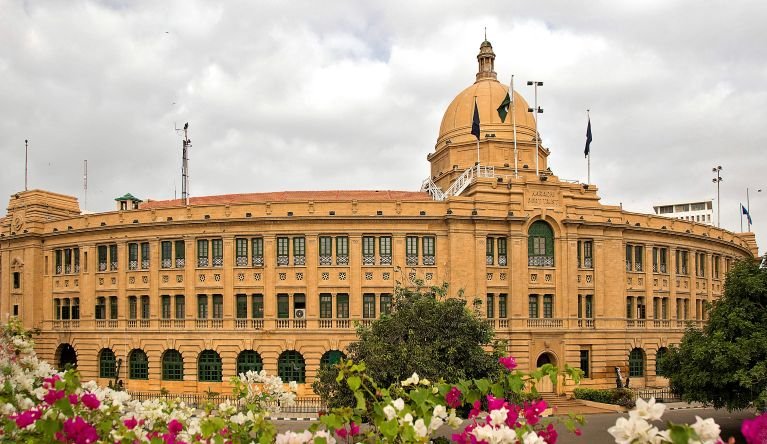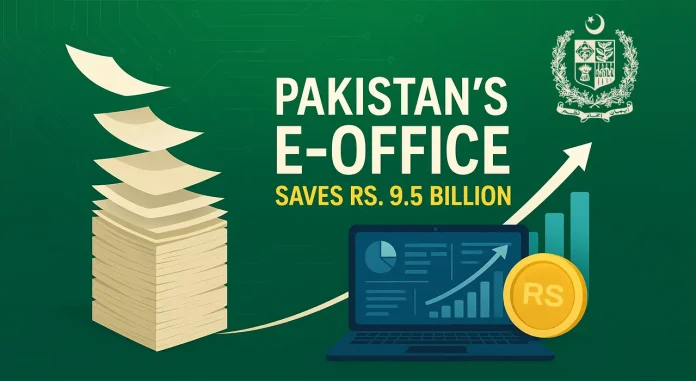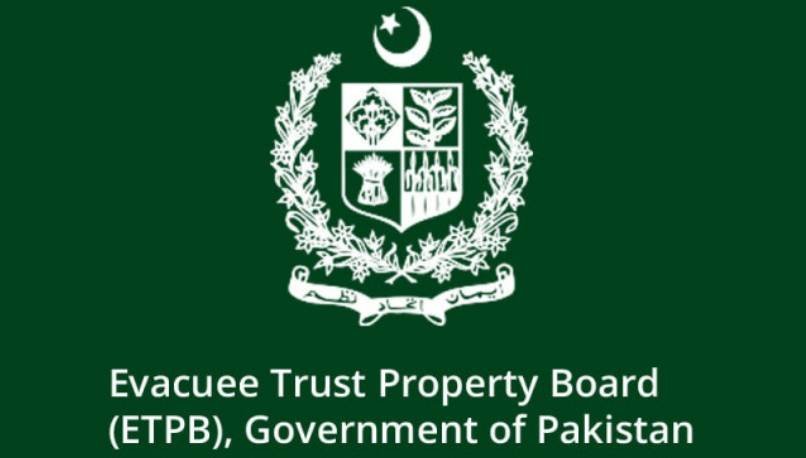By Arsalan Khalid
The author is an Officer in Pakistan Armed Forces and doing MS Islamic Banking and Finance from IBA Karachi
As Pakistan undertakes comprehensive reforms to align with Financial Action Task Force (FATF) guidelines, Islamic religious schools, known as madaris, face significant challenges. These institutions are integral to Pakistan’s education system and serve as a crucial social safety net for the disenfranchised population.
With approximately three million students enrolled in an estimated 35,000 madaris, the stakes are high. Without substantial support for capacity building and regulatory familiarization, compliance with FATF standards remains an uphill battle, carrying severe consequences for these institutions and their beneficiaries.
Madaris face stringent Know Your Customer (KYC) and Anti-Money Laundering (AML) requirements, necessitating extensive documentation to verify their identity, funding sources, and operational legitimacy. This is particularly challenging for institutions lacking formal documentation or administrative capacity.
Regular audits and detailed compliance checks can overwhelm madaris, causing operational disruptions and significantly increasing administrative burdens.Many madaris experience rejection when attempting to open bank accounts due to the perceived high risk associated with their activities. Banks, wary of penalties for non-compliance with FATF regulations, are often reluctant to engage with these institutions.
Continuous monitoring of transactions can lead to delays or account closures, severely impacting the day-to-day operations of madaris. The costs associated with compliance, such as hiring financial experts and maintaining detailed records, can be prohibitive. Additionally, many madaris lack the financial literacy necessary to navigate complex banking regulations, leading to unintentional non-compliance and further exclusion.
Establishing trusts presents its own set of formidable challenges.
Navigating the complex legal process, including drafting a trust deed, defining trustees, and specifying objectives, can be daunting without legal expertise. Trusts must comply with numerous regulatory requirements, including regular financial reporting and audits. Non-compliance can lead to penalties or dissolution.
Managing a trust requires significant administrative resources, which many madaris lack, potentially leading to non-compliance.Ensuring transparency regarding beneficiaries can be challenging, especially if they include a wide and dispersed community.
The stringent compliance requirements may drive madaris towards informal financial channels such as Hawala/Hundi or cryptocurrencies, undermining the FATF’s goals of transparency and financial integrity. Informal systems make it difficult for authorities to monitor and regulate financial flows, increasing the risk of money laundering and terrorism financing.
To balance strict compliance with FATF guidelines and the need for financial inclusion, a holistic approach is imperative.
Developing simplified KYC and AML procedures tailored for non-profits and religious institutions can significantly reduce the administrative burden on madaris.
Implementing standardized reporting templates and processes can streamline compliance, making it more manageable and efficient.
Banks can offer customized products and services for madaris, such as simplified account opening procedures, lower fees, and dedicated customer support. Providing financial incentives, such as tax benefits or grants, can encourage madaris to use formal banking channels and comply with regulatory requirements.
Engaging with local communities and stakeholders to raise awareness about the importance of financial compliance and the risks associated with informal systems is crucial.
Financial institutions can provide training programs for madaris’ administrators on financial management, compliance requirements, and effective use of banking services.Regulatory policies should strike a balance between FATF compliance and the need for financial inclusion, ensuring that madaris can operate within the formal financial system without undue hardship.
The government and institutions should support madaris through financing to adopt digital financial solutions and technologies that can help them manage their finances more effectively and comply with regulatory requirements.
Developing and implementing e-governance tools can simplify compliance reporting and facilitate smoother interactions between madaris and regulatory authorities.
By implementing these solutions, Pakistan can help madaris achieve greater financial inclusion and compliance, enhancing the integrity and stability of the financial system while meeting FATF guidelines. Balancing the need for strict compliance with practical measures to include madaris in the formal financial system is crucial for achieving long-term financial stability and integrity.





